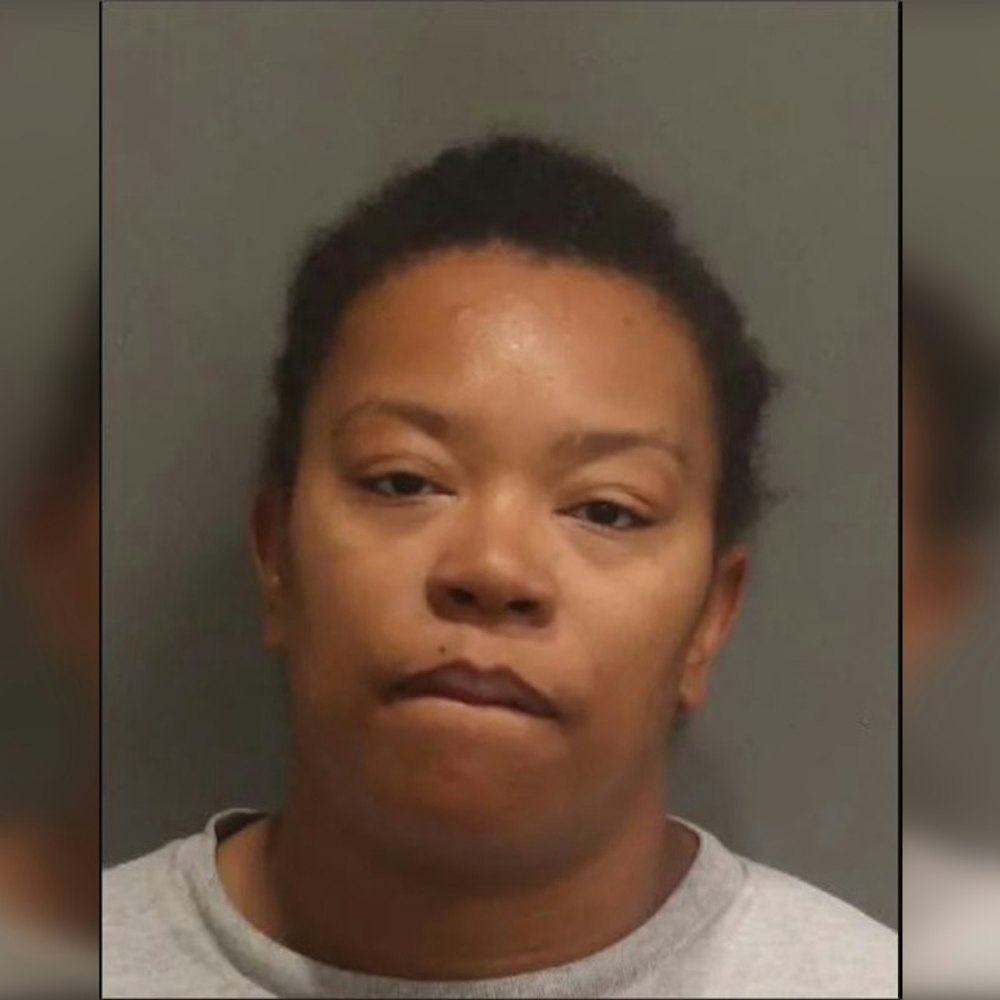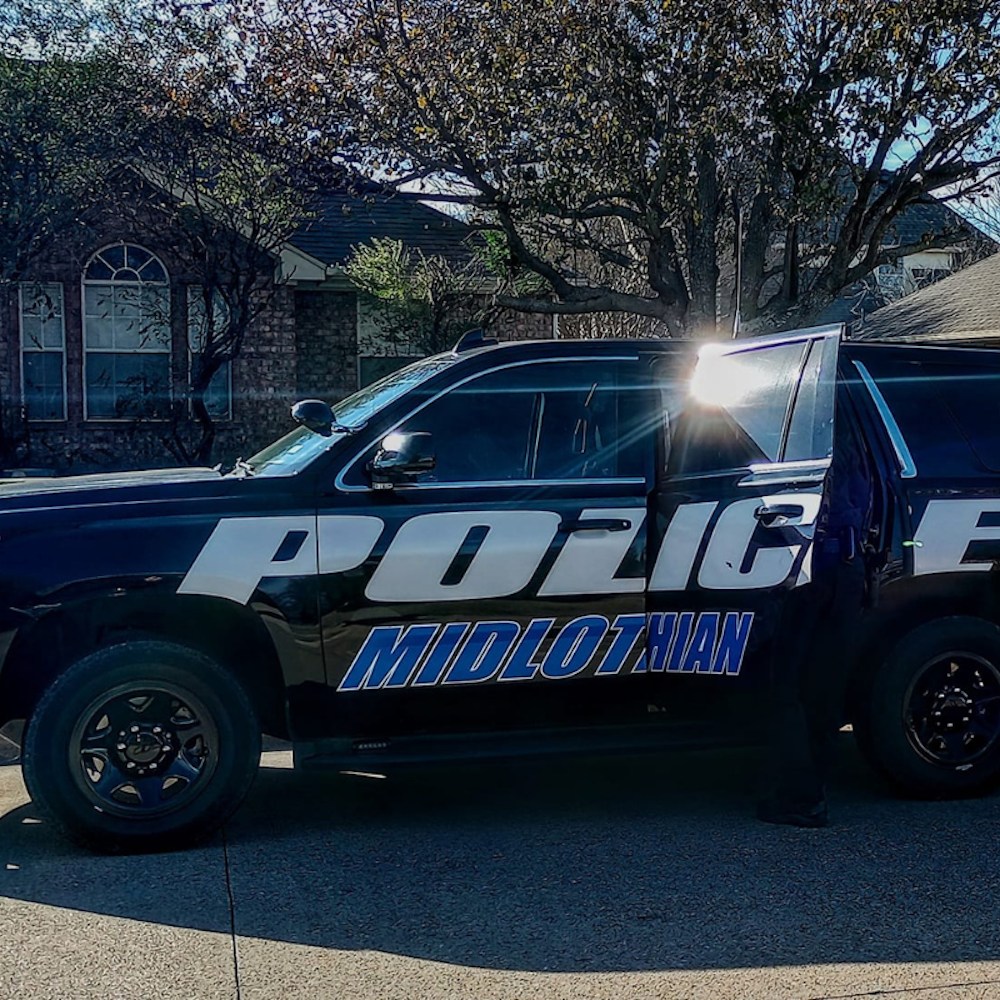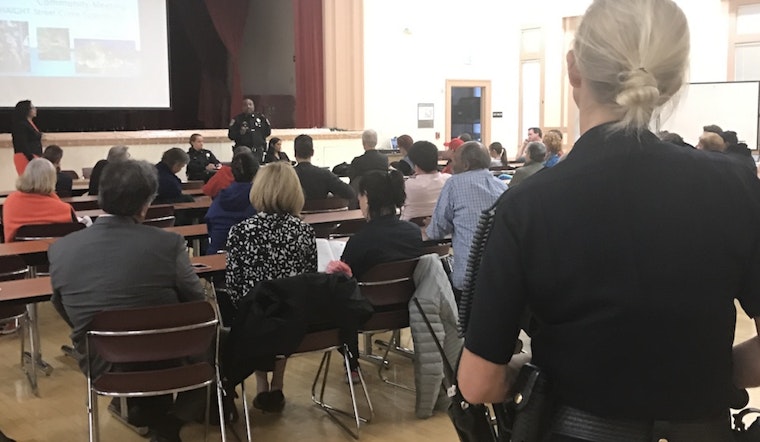
A large crowd gathered at the John Adams campus of City College last night to discuss an uptick of violence in the Upper Haight.
Supervisor London Breed and police discussed strategies and priorities, but many attendees remained visibly frustrated and emotional throughout the session.
Quality-of-life offenses were a recurring topic; many attendees said they routinely encounter intravenous drug use, drinking, public urination and harassment.
Although police issue citations for these infractions, “our legal system is just letting people get away with murder,” said Chuck Caneppa, president of the Cole Valley Improvement Association.
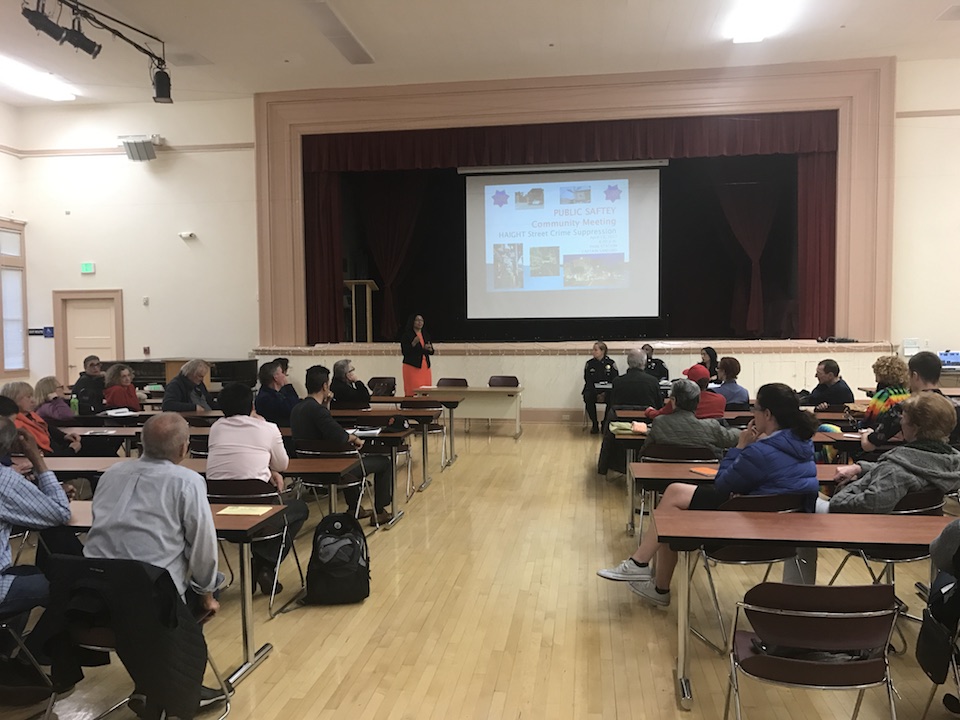
“A very small number of people commit a large number of crimes in this city,” said Assistant District Attorney Asha Jameson, noting that the DA’s office, which focuses on felonies, is actively prosecuting suspects in a February 2017 stabbing at Alvord Lake and a May 2016 torture and killing in the same area.
Jameson also acknowledged that last year, a judge cleared more than 60,000 quality-of-life citations off the books, clearing a backlog in the city's Superior Court by declaring the recipients guilty in absentia.
Capt. John Sanford, who oversees SFPD's Park Station, said that there are now three shifts patrolling Haight and Stanyan.
“This is the first time in the history of Park Station that we were able to redeploy that many officers,” he said, noting that they'll remain in rotation throughout the summer, including the 4/20 Day celebration and the Summer of Love 50th-anniversary celebrations.
Administrative factors could reduce the number of police available for foot beats, said Sanford, but in the meantime, “you’ll see two officers out there, keeping their eye on any troubles that might take place.”
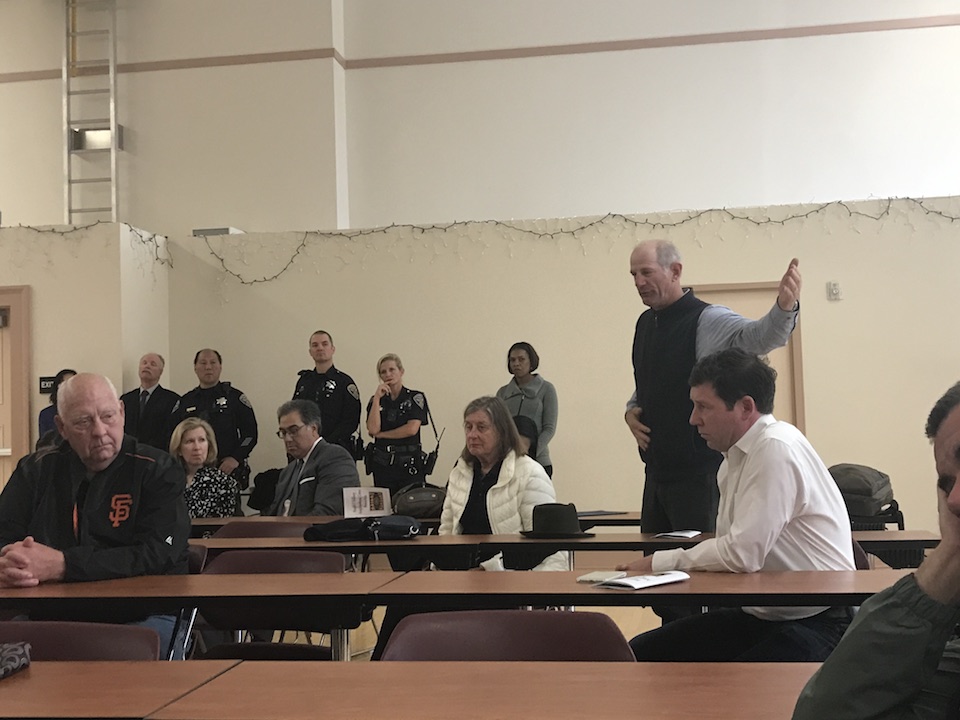
Commander Ann Mannix of the SFPD's Golden Gate Division, which oversees the Northern and Park districts, said that the Haight “hasn’t changed a lot” since she was assigned there as a beat cop 25 years ago.
“Park District is one of our safer districts, believe it or not," and Park Station "has more staffing now than it has had in recent years," she said, noting that as the academy graduates more recruits, the district will continue to add staff.
To ensure that the area receives sufficient resources, Mannix and Sanford also encouraged attendees to report all crimes.
“The calls and statistical data drive the resources, so if you don’t call, it’s the appearance of nothing going on,” said Mannix.
“We will do everything in our power to keep those beat officers there,” said SFPD Chief William Scott, who said the department is on track to meet its mandated goal of having 1,971 field-deployable officers on staff by year’s end.
“If we lose more officers than we anticipate, that could impact that,” he said.
Scott said that command staff would consider making cuts elsewhere to put more officers on the street, but that better coordination with other city departments would help manage existing resources. To that end, he’s created a “problem-solving unit” that convenes four times each week to address chronic issues.
“Right now, that’s staffed with a sergeant and six officers, but by the summer, that’ll be ten officers, a sergeant and a lieutenant,” said Scott. “Their role is to work really closely with all the other city agencies that have a stake.”
While he didn't dissuade residents from continuing to report quality-of-life infractions, Chief Scott noted that such reports are already “the biggest demand on our resources ... It bogs down our system.”
Officers who respond to these complaints often feel helpless, he added, “because few of these problems are problems are criminal [offenses] that they can do something about.”
Without better coordination between departments, “we’re kind of chasing our tail here, and we can’t afford to do that."
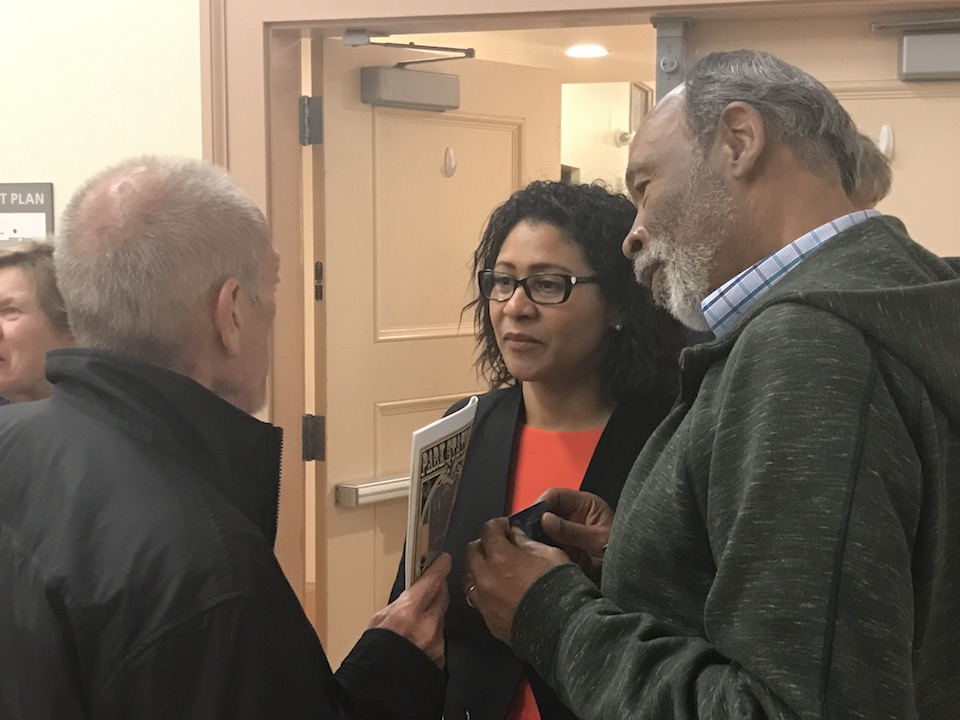
Throughout the meeting, attendees shared anecdotes about coping with quality-of-life issues and crime in the Haight. Stories ranged from witnessing infractions like public nudity to coping with the emotional impact of being awakened in the middle of the night by a burglar.
Several residents who live near Haight and Cole said the decision to relocate a needle exchange to the Haight Ashbury Medical Clinic—a move that Breed supported—has improved the quality of life in the area.
Breed said she’s announcing a task force today to study the creation of safe injection sites in the city. She's not yet sure if she supports the policy, "but we can’t keep doing the same thing and expecting a different result.”
For more than a year, Breed said she’s been working to find a site for a new Navigation Center in District 5. “It’s been a really frustrating process,” she said, since many residents and merchants are opposed.
“We’re not just going to open a Navigation Center without making sure people are going to be okay with it,” said Breed. “I support Navigation Centers 100 percent, but I also want to be respectful of the Haight Ashbury community.”
Tonight, Capt. Sanford will share monthly crime statistics and field questions in Park Station’s monthly community meeting. It will be held at First A.M.E. Zion Church, 2159 Golden Gate Ave., from 6–7:30pm.





